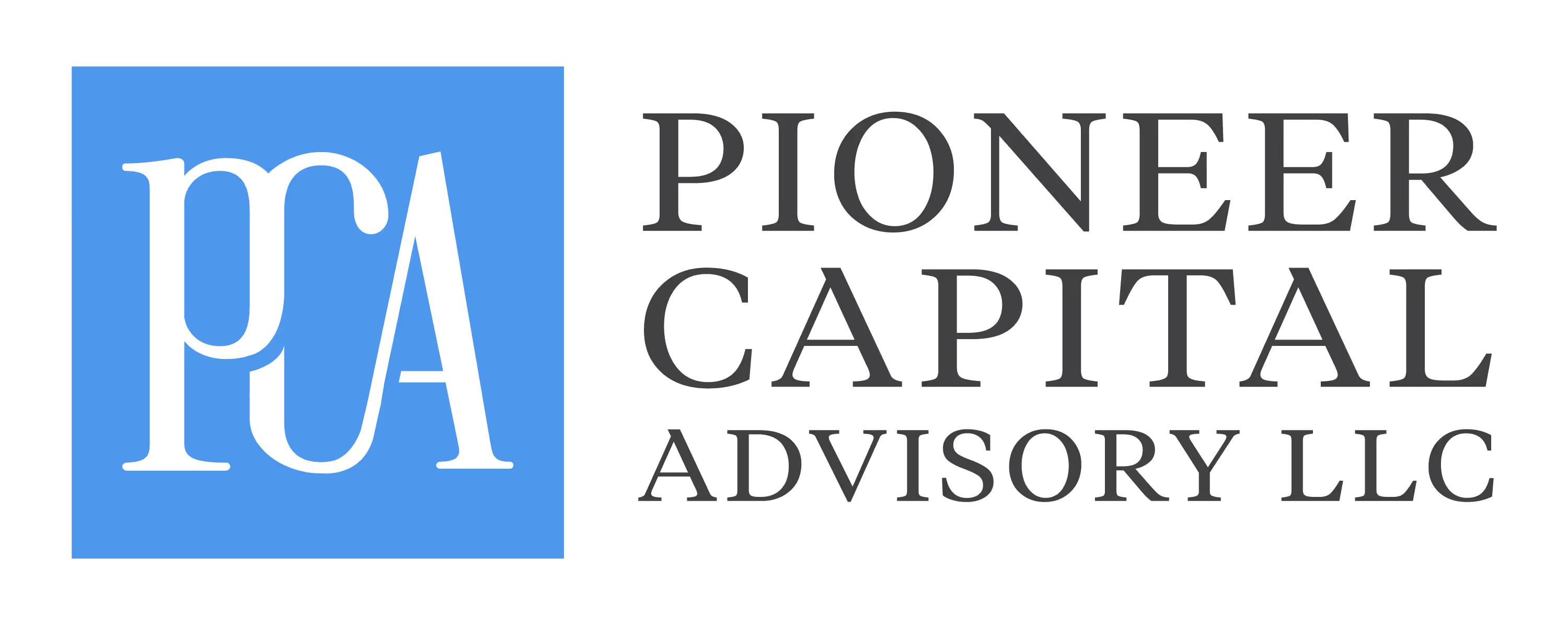


I'm obviously a huge fan of SBA Loans (my entire business is built around them). But I want to take a step back and examine some of the pros and cons of SBA loans from the perspective of a business buyer.
Should you always secure an SBA loan when buying a business? When does it make sense to use other sources of capital to buy a business?
Let's get into it.
The Case for SBA Loans
Small Business Administration (SBA) loans are a terrific tool for business buyers. It's one of the reasons buying a small to medium sized business is such a great opportunity for wealth building in the United States. In many cases, SBA loans make acquisitions that otherwise wouldn't have happened possible.
Compared to conventional financing, SBA loans offer greater flexibility in terms of required borrower equity investment, inclusion of funds for working capital, length of time of repayment, and other factors designed to enhance the opportunity for business buyers. The SBA guarantees repayment of a percentage of the loan, which allows banks to make loans to businesses that wouldn’t typically qualify for commercial financing using normal underwriting criteria.
Here's a non-comprehensive list of the benefits:
- Lower down payment requirements
- Longer amortization periods than private loans
- Flexibility in terms of the size and types of businesses eligible
- Government guarantees a portion of the loan, causing lenders to relax some of their lending standards
- Government covers 75% of the net loss in a loan default for SBA 7(a) loans.
There are plenty of other advantageous SBA loan programs. For example:

The SBA Loan program is by far the best way for the typical person to buy a business and build wealth. There just aren't comparable options available to the general public.
The Case against SBA Loans
It's hard to think of a case specifically against SBA loans when you compare them to other forms of debt. However, there are downsides, of course, and they are the same downsides for any type of debt you may take out: You're assuming risk.
Taking out a loan of any kind means your new business will be burdened with a monthly interest payment, which you must take into account when analyzing the financial opportunity of buying a business.
The biggest downside most point out about SBA Loans: Personal Guarantees.
While the government guarantees a portion of SBA loans, that only applies to the bank's losses. When you take out an SBA loan, you're typically guaranteeing the loan personally (unless you have other substantial assets to use as collateral).
SBA lenders typically require a personal guarantee from anyone who will own 20% or more of the business post-close.
While SBA loans themselves are usually much better than alternative debt, the question you'll have to ask is if you're comfortable taking on any debt at all. The alternatives are raising equity to fund your purchase (this rarely happens unless you have a great network) or simply buying a small enough business that you can fund the purchase yourself.
Hope this helps! As always, if you have questions feel free to contact us.
New Blog Posts


